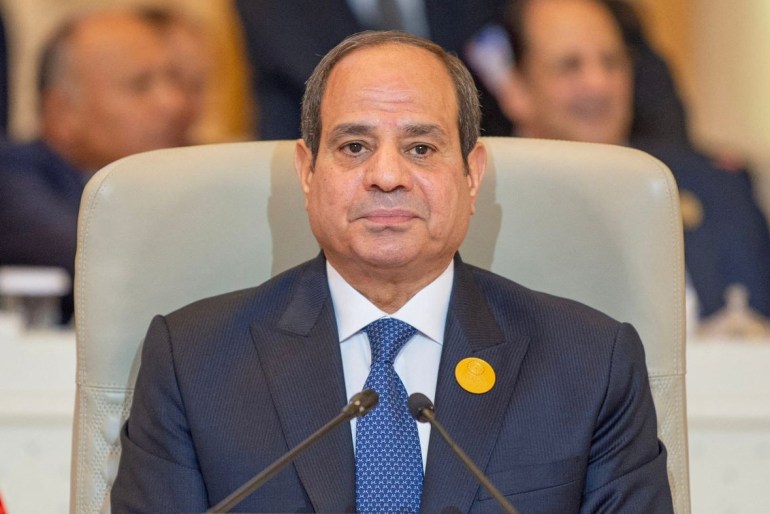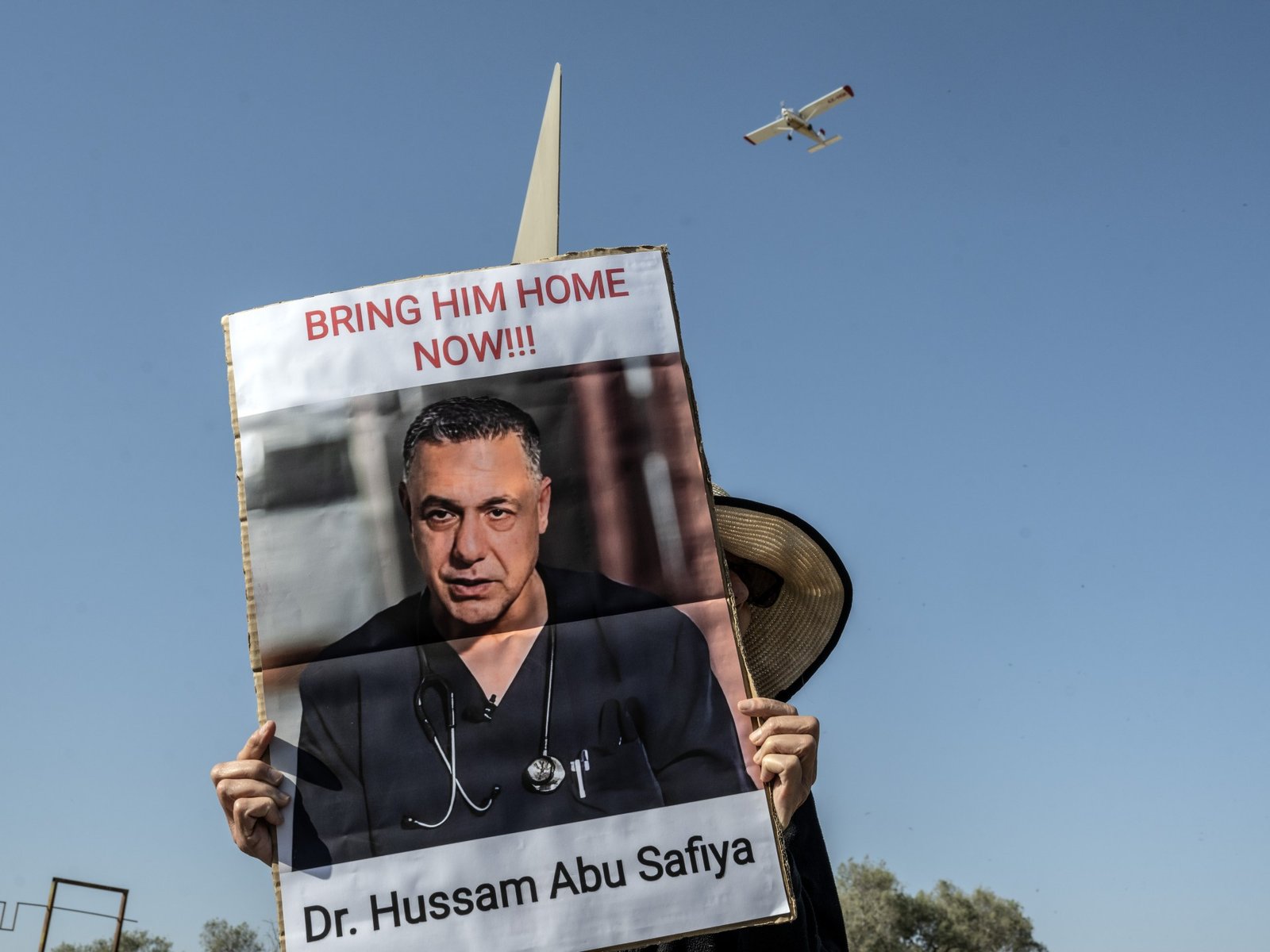US President Donald Trump’s comments on ethnically cleansing Palestinians from Gaza and forcing them into Egypt and Jordan could lead to a radical reshaping of regional alliances, analysts tell Al Jazeera.
Trump repeated his intentions after meeting with King Abdullah II on Tuesday. He had previously indicated that he would use US aid to both countries as leverage to try to force them to go along with his idea.
Jordan’s King Abdullah II seemed to attempt to placate Trump by flattering him and making a pledge to accept 2,000 sick children from Gaza into Jordan.
“I finally see somebody that can take us across the finish line to bring stability, peace and prosperity to all of us in the region,” the Hashemite monarch told Trump. Trump called the line “music to my ears”.
Cairo and Amman have both fervently rejected Trump’s comments on numerous occasions and Egypt will host an emergency Arab Summit on February 27 to form an Arab-led plan to counter Trump’s broadly sketched plan.

Billions in aid
Both Egypt and Jordan have relied heavily on US foreign aid for decades.
Egypt has received more than $87bn in US foreign aid since 1946, though military and economic assistance increased significantly after Egypt signed a peace agreement with Israel in 1979.
The current $1.4bn in annual military aid that the US gives Egypt started in 1979 after the Camp David Accords were signed between Egypt and Israel.
Today, Egypt is one of the highest recipients of US foreign aid in the Middle East after Israel.
US foreign aid also plays a significant role in Jordan.
Israel and Jordan signed the Wadi Araba Treaty in 1994, establishing diplomatic, tourism and trade relations between the two countries that laid the groundwork for Jordan to receive billions of dollars in US aid as debt relief.
The US now gives Jordan $1.45bn a year in bilateral foreign assistance.
Jordan is reeling from cuts of $770m in economic aid from USAID, which helped fund some Jordanian ministries, like Education and Public Works, and supported the country’s water security.
This funding is a major part of making Egypt and Jordan’s economies function, but it also helps the US’s regional agenda.
Jordan “has long served as a pro-West partner and continues to play a stabilising role, buffering Israel from Iran and its proxies, hosting refugees, combatting terrorism and extremism and serving as a strong and reliable ally to Western powers,” Dima Toukan, a non-resident scholar at the Middle East Institute, told Al Jazeera.
Egypt offers the US facilitations in the region, “including the movement of US military assets across the region through preferential passage of the Suez Canal and overflights of Egypt’s territory”, according to an Egyptian government-sponsored article in Foreign Policy.
All US military aid finances Egypt’s purchase of weapons systems from US defence contractors, according to a congressional report, making military aid to Egypt an indirect form of subsidy for US defence contractors.
“As a main lever of soft power, aid allows the US a significant margin to exercise influence, manage its image and cultivate common interest,” Toukan said.

Big hole in the budget
The prospect of Trump forcing through his plans to ethnically cleanse Palestinians from Gaza evokes stability concerns in Egypt, according to analysts.
For Jordan, those fears are “existential” the analysts said. Much of Jordan’s population is already of Palestinian origin and for Jordan to take in another million would deeply affect demographics and questions of national identity for many in the country.
To avoid being forced into it, Egypt and Jordan might start to look elsewhere for funding, like their allies in the Gulf or even US competitors for global influence – like Russia and China.
“If the US insists on withdrawing aid, other groups and countries will certainly want to fill this gap,” Toukan told Al Jazeera.
China’s influence in Egypt has grown in the last decade and 2025 has been called the “Year of Egyptian-Chinese Partnership” by the two states.
GCC states – who oppose Trump’s ethnic cleansing suggestion and who enjoy close relations with Jordan’s King Abdullah II and Egypt’s President Abdelfattah el-Sisi – may also decide that filling in the funding gaps is in their interests.
But even if that were the case, it is unlikely the billion-dollar hole in their coffers will be fully covered, possibly forcing them to “implement deeply unpopular austerity measures that predictably lead to protests,” Geoffrey Hughes, author of the book, Kinship, Islam and the Politics of Marriage in Jordan: Affection and Mercy, told Al Jazeera.
“It will also directly hit the security apparatus and all the harder since so much aid is routed through the military and police now.”




